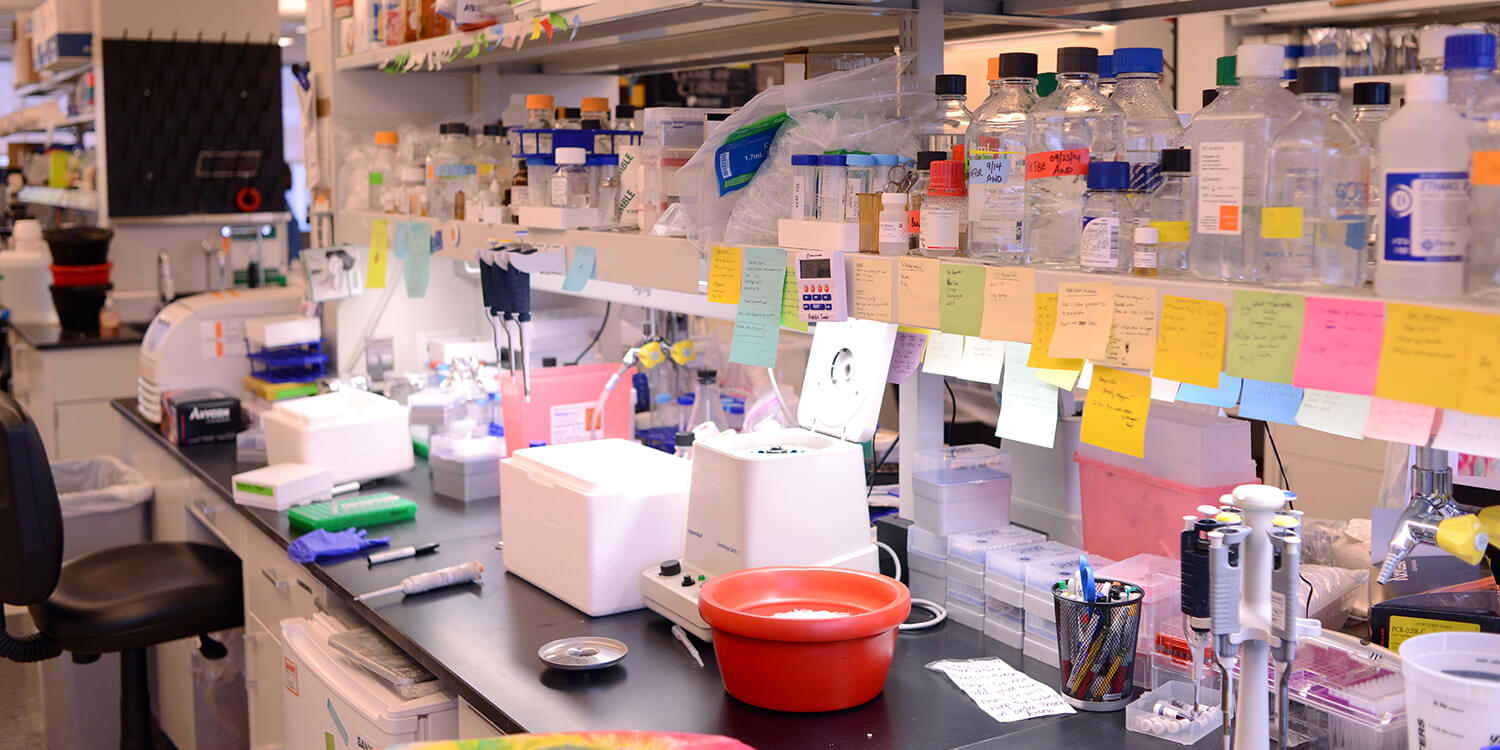The Role of Veterinary Labs in Protecting Pet Health
The Role of Veterinary Labs in Protecting Pet Health
Blog Article
Caring for your dog or cat’s health is crucial to their quality of life. Diagnostic centers for pets offer a wide range of services for household pets.
In this discussion, we’ll delve into how veterinary labs function, what tests they offer, and how these services benefit your pets.
What Are Animal Diagnostic Labs?
Diagnostic services for pets help diagnose health conditions in pets. Veterinarians rely on them to monitor health conditions.

How tests are conducted generally features:
- Collecting samples: Key biological materials are obtained at clinics.
- Sample examination: Advanced tools interpret the findings.
- Understanding the data: The lab shares diagnostic findings to the veterinarian for further action.
Essential Diagnostic Tests for Cats and Dogs
Animal health testing facilities conduct a range of diagnostic procedures to ensure pets stay healthy. Key veterinary tests include:
- Complete blood counts (CBC): Monitor organ function.
- Kidney function tests: Check for diabetes.
- Fecal examinations: Evaluate gut health.
- Skin tests: Diagnose food allergies.
- Diagnostic imaging: Examine internal organs.
laboratorio de exames animais
The Benefits of Veterinary Diagnostics
Regular health checkups supports preventing serious illnesses. Early detection ensures effective care.

The top benefits include:
- Effective treatment plans: Tailored treatments for your pet’s needs.
- Peace of mind for pet owners: Regular testing ensures clarity.
- Avoiding expensive treatments later: Early detection reduces long-term expenses.
laboratório veterinário pró vitaclínica veterinária e laboratório ivd
Conclusion: Prioritizing Pet Health with Veterinary Labs
Using veterinary labs for dogs and cats supports their overall wellness. Pet testing facilities work as an extension of your vet’s expertise to ensure optimal health.
Prioritize your pet’s next health checkup to support their needs for years to come!
Report this page